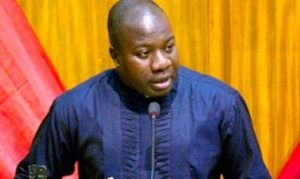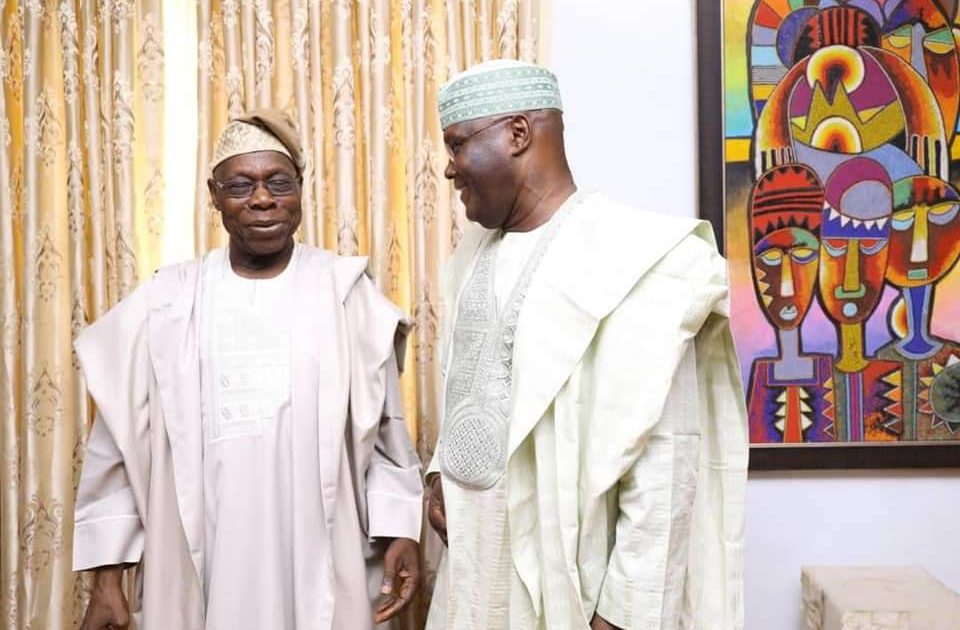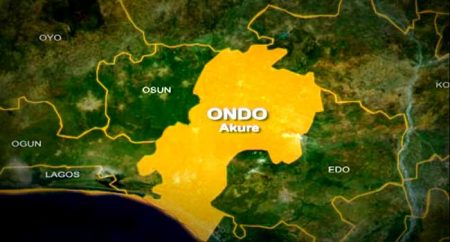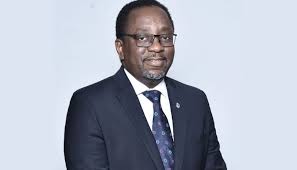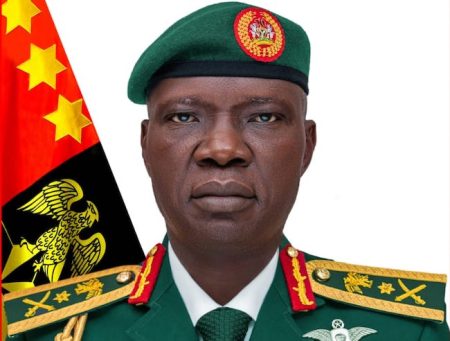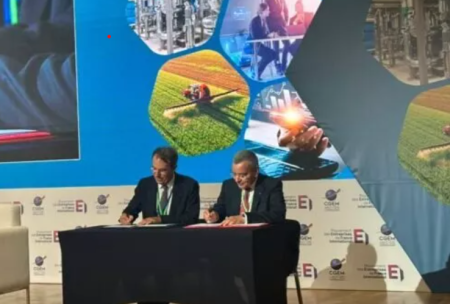In a significant political reunion, Atiku Abubakar, the 2023 presidential candidate of the Peoples Democratic Party (PDP), has come together with his former superior, ex-President Olusegun Obasanjo. This meeting was not only a personal reunion but also connected to a noble cause—the 25th anniversary celebration of the Women Trafficking and Child Labour Eradication Foundation (WOTCLEF), founded by Atiku’s wife, Mrs. Titi Abubakar. Atiku took to social media to express his elation about this reunion, emphasizing how privileged he felt to walk alongside Obasanjo during this impactful celebration. He highlighted Obasanjo’s ongoing commitment and support for the foundation, which is dedicated to combating important social issues such as human trafficking and child labor in Nigeria.
During the anniversary event, Atiku expressed gratitude for the collaboration and encouragement that the foundation has received from Obasanjo. He appreciated the role of past leadership in supporting initiatives that aim to improve the lives of vulnerable populations. The foundation, which has been operational for 25 years, symbolizes the efforts of numerous stakeholders in addressing significant societal challenges. In his emotional acknowledgment, Atiku reaffirmed the importance of such gatherings in unifying efforts against social ills while recognizing the contributions of past leaders like Obasanjo, who foster a culture of mentorship and support within political ranks.
Meanwhile, Obasanjo took the opportunity to reflect on his own presidency and the economic measures he implemented, specifically focusing on debt forgiveness for Nigeria during his time in office from 1999 to 2007. He pointed out the dire economic situation faced by the country at that time, which included a staggering $36 billion debt burden and substantial debt servicing costs amounting to $3.5 billion. Obasanjo articulated how securing debt forgiveness was a multilayered challenge requiring both commitment and a proof of intention—a clear and just course that would convince international financial institutions of Nigeria’s sincerity in its requests. His insights shed light on the need for responsible governance and the relationship between leadership integrity and economic outcomes.
In his commentary, Obasanjo emphasized that financial requests directed towards international lenders were not perceived as insurmountable tasks; instead, they required genuine intentions and commitments toward sustainable development. Citing his own administration’s strategic negotiations with the World Bank and creditors, he outlined a model approach for obtaining debt relief. A significant lesson from his tenure, as he recounted, was the emphasis on transparent and purposeful utilization of funds saved from debt responsibilities, channeled toward developmental goals for the populace. This principle underlines the importance of visible and accountable governance in accessing international financial support.
Obasanjo’s critique of contemporary leadership emerged as a recurrent theme during his discourse. He lamented the substantial shortcomings evident in successive administrations, particularly regarding corruption and a lack of coherent developmental plans. By comparing his experiences to those of current leaders, he portrayed an image of an honest and earnest effort that he believes is lacking in contemporary governance. His reflections serve as a cautionary note on the need for new leadership to return to the ethical foundations that informed credible negotiation with international lenders, paving the way for future developmental partnerships.
The exchange between Atiku and Obasanjo reinforces the significance of mentorship and the continuity of political ideals over generations. It also raises important questions about how current and future leaders can adapt lessons from past administrations to tackle persistent challenges within Nigeria. Atiku’s acknowledgment of Obasanjo’s influence signals an intent to unify efforts in the political landscape towards addressing pressing societal issues, while Obasanjo’s reflections on economic policy advocate for accountability and integrity. Together, they represent a frame of reference for current leaders who are seeking to navigate complex socio-economic terrains, emphasizing the necessity of a strategic, ethical approach to governance for sustainable progress in Nigeria.


